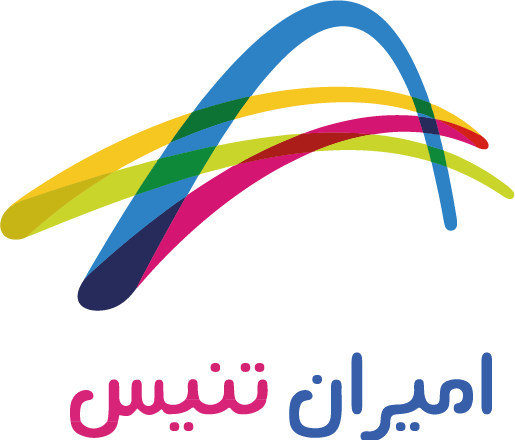The world of online casinos has grown exponentially over the years, with millions of players flocking to virtual platforms to try their luck at a wide range of games. While the allure of potential big wins and the thrill of competition can be intoxicating, one aspect that is often overlooked in game the pursuit of entertainment is fairness.
In this article, we’ll delve into the importance of fairness in online casinos and explore what it takes for operators to ensure their platforms meet the highest standards of integrity.
The Need for Fairness
Fairness is a fundamental concept in any gaming environment. In brick-and-mortar establishments, regulatory bodies like government agencies and gaming commissions monitor games to prevent cheating and ensure players have an equal chance of winning. However, online casinos operate in a different realm, where the lines between reality and fantasy can blur.
In the absence of physical oversight, it’s up to operators themselves to maintain transparency and fairness. This is why independent testing organizations like eCOGRA, TST (Technical Systems Testing), and GLI (Gaming Laboratories International) play a crucial role in verifying the randomness and integrity of online casino games.
Independent Audits: The Safety Net
Independent audits provide assurance that games are designed with fairness in mind. These organizations use sophisticated software to analyze random number generators, ensure payout rates meet industry standards, and verify game outcomes are unpredictable and unbiased.
For example, eCOGRA’s testing process involves evaluating the entire gaming ecosystem, from the server room to the player interface. This comprehensive approach guarantees that games function as designed, without any external manipulation or bias.
Operators also undergo regular audits to assess their overall operations, including anti-money laundering (AML) procedures, know-your-customer (KYC) protocols, and customer service standards. These reviews help maintain trust among players and foster a reputation for integrity within the industry.
Random Number Generators: The Heart of Fairness
At the core of any online casino game lies the random number generator (RNG). This critical component is responsible for determining game outcomes, from the roll of a digital dice to the spin of an electronic roulette wheel. A reliable RNG ensures that every player has an equal chance of winning, regardless of their skill level or betting patterns.
Operators must implement high-quality RNGs, such as the ones developed by industry leaders like Microgaming and Playtech, which undergo rigorous testing and certification before being deployed in games. Additionally, many operators now incorporate advanced cryptographic techniques to protect RNG output from tampering or manipulation.
To maintain transparency, some casinos even publish their RNG certificates and test reports on their websites. This openness allows players to verify the integrity of games for themselves.
Regulatory Oversight: The Watchful Eye
While independent audits provide an additional layer of protection, regulatory bodies play a vital role in maintaining fairness within online casinos. Licensing authorities like the Malta Gaming Authority (MGA), the UK Gambling Commission (UKGC), and the Alderney Gambling Control Commission (AGCC) ensure operators comply with strict guidelines and standards.
These regulatory agencies:
- Conduct regular audits and inspections
- Verify RNG performance and game outcomes
- Enforce AML and KYC protocols to prevent money laundering and identify player risks
- Maintain public transparency through reporting requirements
Regulatory oversight encourages fair play, as operators must adhere to rigorous standards to maintain their licenses. This helps mitigate the risk of unfair practices or malicious activity within online casinos.
